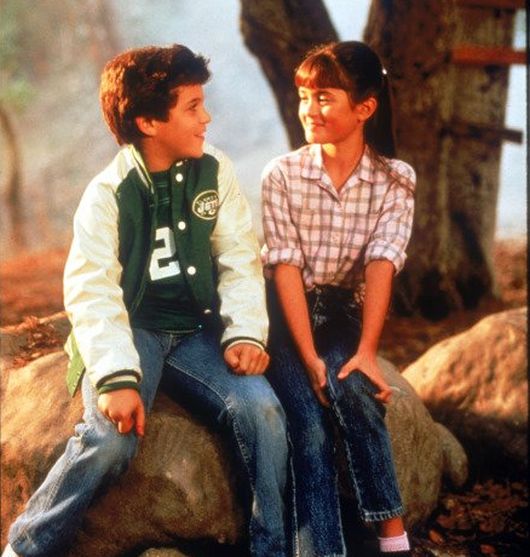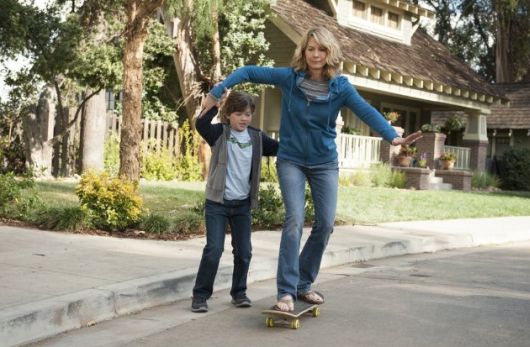
Amplification of the Senses
by ELEANOR MORROW
Growing Up Fisher
creator DJ Nash
Is the idea of a blind person doing something with difficulty that other people do with ease somehow amusing to you? If so, you are in for a treat. At one time, it seemed like the only reliable source of blind jokes was the Monica Lewinsky scandal, but Monica has moved on, I have moved on, most blind people presumably have moved on. The one exception is the creators of the situation comedy Growing Up Fisher, who seem to derive great joy from watching Mel Fisher (a way too goofy J.K. Simmons) do such sighted people tasks as standing on a roof in the middle of the night, cutting down a tree, or walking without assistance.
Based on a true story crows the opening chyron of this NBC multi-camera affair. The least plausible part of the entire show is the sex-crazed 11 year old son (Eli Baker) of the blind man constantly asking his dad how he can best get intimate with a woman. The entire arrangement is a bit unorthodox, but perhaps not as orthodox as the fact that Jenna Elfman's face has not aged in any way over the past twenty years.
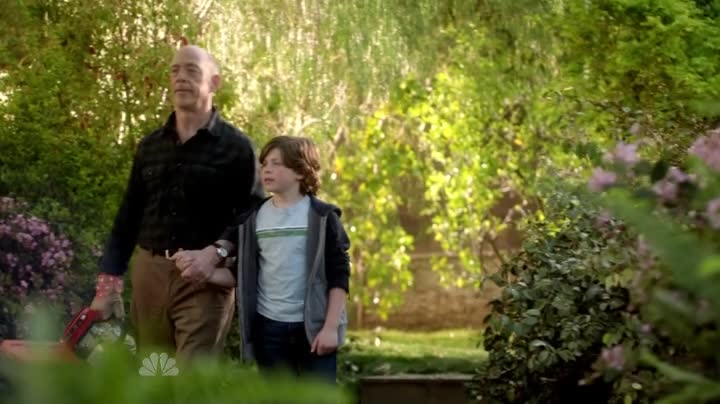
Joyce Fisher (Elfman) is a lovely woman who the show takes great pains to point out what a pathetic mess she is. Even though she's a charming blonde with a questionable interest in the works of L. Ron Hubbard the only date she can get is with a grocery store clerk. Meanwhile, her blind and ancient husband has his pick of the local women.
He never let the fact that he couldn't see prevent him from doing anything. These words are uttered almost a million times in Growing Up Fisher. Mel's wacky shenanigans seems enough to merit a separation on their own - once, he actually drives a car with his daughter as a passenger — but the reason Joyce really ended the relationship was to "find herself." You will not be surprised to learn that the most entertaining/offensive part of the show is young Henry Fisher's Asian best friend, who is named Runyen and is strangely a preteen homosexual caricature. I guess kill two birds with one stone?
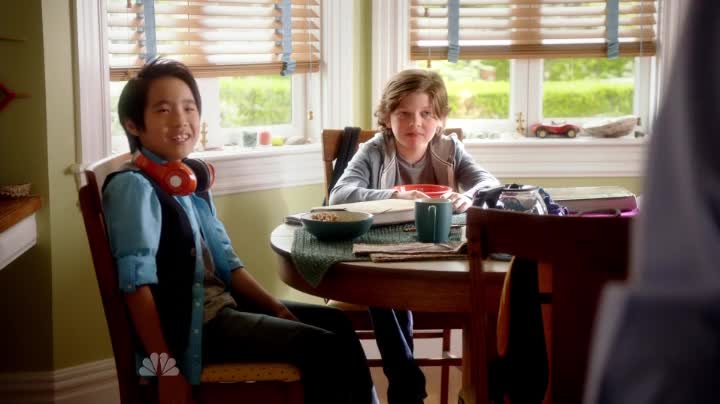
The success of certain family oriented comedies like Modern Family and The Middle has increased the demand for the portrayal of children. The breeding kennels on which such child actors are produced have become regrettably depleted. Fred Savage had a certain ethnic flair that is lacking from these roundly nondenominational homes. Since representing any specific background with its own idiosyncrasies would be theoretically alienating to some viewers, everyone is just a WASP.
Growing Up Fisher lapses into a Jason Bateman voiceover at every opportunity, which is exactly what no one ever asked for. Moreover, there is not even any nostalgia being recalled — the show basically takes place in the present, which means the disembodied Bateman voice is from the future. Instead of telling us what the world has become decades from hence and what happened to North West, he has to continually inform us about how zany his dad is all the time.
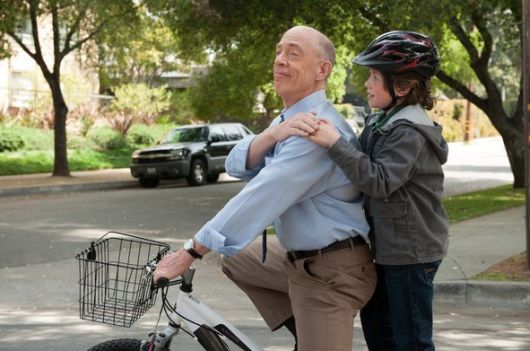
Writing for children is very difficult, and although it is somewhat plausible that an 11 year old could be obsessed with the older girls in his apartment building, it is very unlikely he would know what to do with them should they consent to his plans. Even less realistic is the idea that he would rely on his father for advice every step of the way.
Growing Up Fisher was originally conceived with Parker Posey playing Jenna Elfman's role, and publicity photos were even shot with the two as a couple:
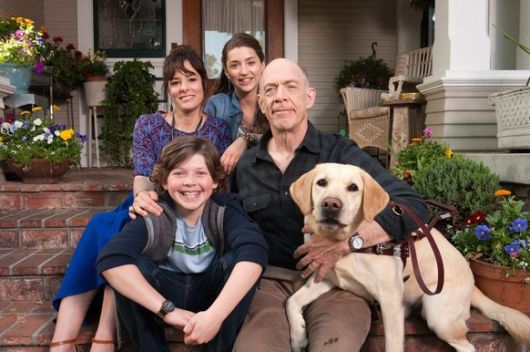
Somehow, this throws everything into further doubt. The same boy's mother could be a striking, tall blonde woman who loves terrible science fiction, or she could be the original Party Girl and nothing else in the world would be any different. It is indeed something of a mystery how a bald lawyer and a blonde woman could father two semitic looking children. I believe that anything that comes out of Parker Posey is wonderful.
Looking back, I sometimes tongue a scone and think of what The Wonder Years was actually about. Like Growing Up Fisher, the voice-over really sucked, the lessons and moralities were incredibly blase and obvious, and the setting was nondescript and Midwestern. What actually made The Wonder Years interesting was that despite the central dullness of American life, events of great tragedy and depth surrounded the mundane: Winnie's brother was KIA in Vietnam, fathers got in financial trouble, couples broke up unexpectedly and the repercussions were completely real.
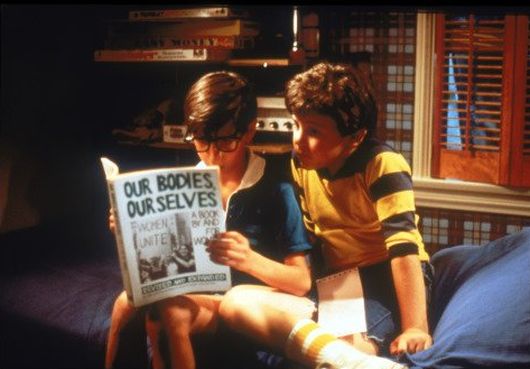
In comparison, these vapid family sitcoms deal with nothing in the real world that might alienate their audience; Growing Up Fisher feels like sketch comedy in comparison. Now Winnie has a Maxim spread, Dan Laurila was arrested after beating up Dan Hedaya for stealing his look, and Fred Savage straight up murdered that guy.
That's not all that is different today. Children aren't even really children — they're just adults-in-training, and the training extends almost interminably, until the day they make television shows about how fucking precocious they were. You shouldn't have let your blind dad fix that satellite dish, buddy. For Christ's sake, Winnie's brother was only a child.
Eleanor Morrow is the senior contributor to This Recording. She is a writer living in New York. You can find an archive of her writing on This Recording here.
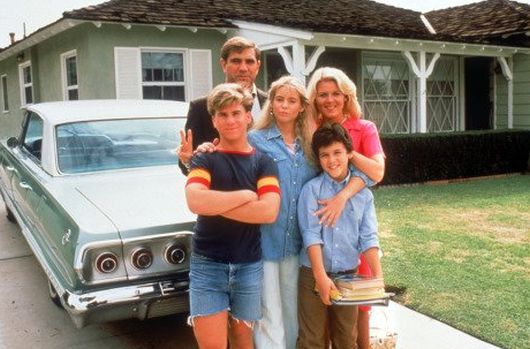
"Stranger" - Skrillex (mp3)
"All Is Fair In Love And Brostep" - Skrillex (mp3)
